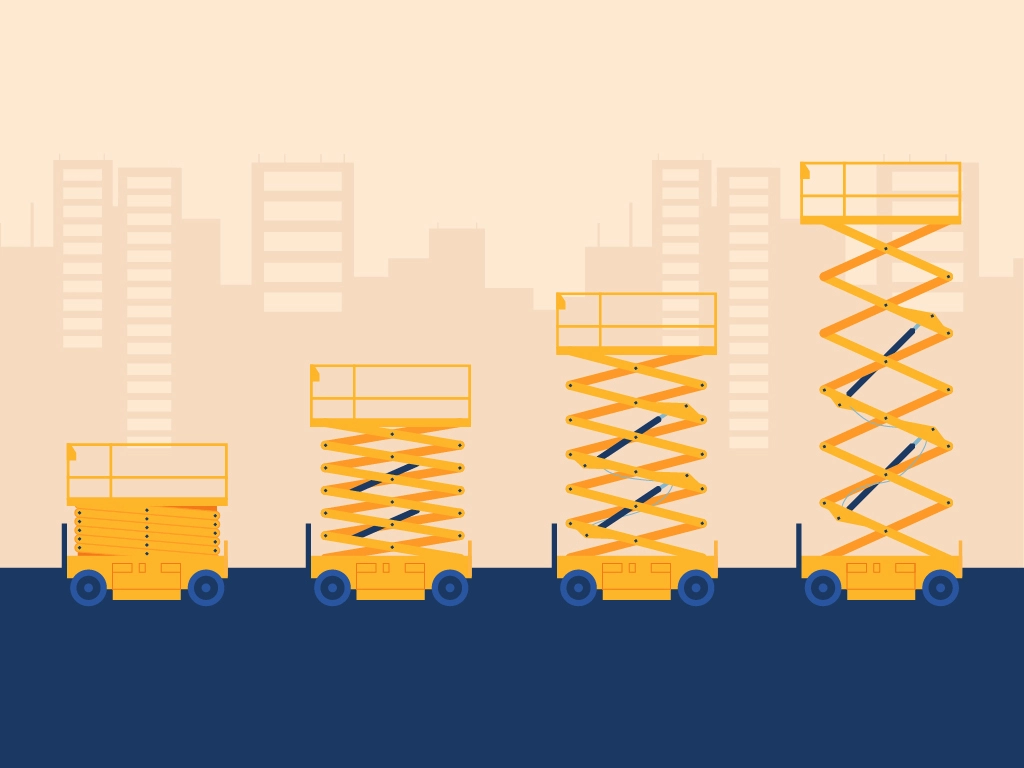In today’s fast-paced world, clutter seems to accumulate almost effortlessly in our homes and workspaces. From overflowing closets to cluttered desks, the physical chaos can often mirror our mental state. However, amidst the chaos, there lies a profound psychological aspect to decluttering that goes beyond simply tidying up. In bustling cities like Berlin Entrümpelung Berlin, where space is often at a premium, the practice of decluttering takes on a whole new level of importance, intertwining mindfulness with practicality.
Understanding the Cluttered Mind
Before delving into the psychology of decluttering, it’s essential to understand why clutter accumulates in the first place. Our environments often reflect our inner states, and clutter can be a manifestation of various psychological factors such as stress, procrastination, attachment, and even avoidance. When we hold onto unnecessary items, we are often holding onto memories, fears, or aspirations, creating a cluttered environment both externally and internally.
In Berlin, a city known for its vibrant culture and diverse population, decluttering can serve as a means of regaining control amidst the chaos. Whether it’s a small apartment in Prenzlauer Berg or a spacious loft in Kreuzberg, the need to declutter transcends physical space and becomes a journey of self-discovery.
The Art of Letting Go
At the heart of decluttering lies the art of letting go. It’s not just about getting rid of physical possessions but also releasing emotional attachments associated with them. In a city like Berlin, where minimalism is celebrated as a lifestyle choice, the act of decluttering becomes a mindful practice, encouraging individuals to reassess their priorities and simplify their lives.
When faced with the daunting task of decluttering, it’s essential to approach it with a compassionate mindset. Rather than viewing it as a chore, see it as an opportunity for growth and transformation. By letting go of excess belongings, we create space not only in our physical environment but also in our minds, allowing for greater clarity and focus.
The Power of Mindful Practices
In the bustling metropolis of Berlin, where the pace of life can be relentless, incorporating mindful practices into decluttering can make all the difference. Mindfulness involves being fully present in the moment, without judgment or attachment. When applied to decluttering, it allows us to approach the task with a sense of calm and intentionality.
One mindful practice that has gained popularity in Berlin is the KonMari method, developed by Marie Kondo. This method encourages individuals to declutter their belongings by asking a simple question: Does this item spark joy? By focusing on joy rather than utility, the process of decluttering becomes a deeply personal and transformative experience.
The Role of Professional Services
While decluttering can be a deeply personal journey, sometimes it’s helpful to enlist the support of professionals, especially in a bustling city like Berlin. Professional decluttering services, such as Entrümpelung Berlin, offer expertise and assistance in streamlining the decluttering process.
These professionals not only provide practical assistance in sorting and disposing of belongings but also offer emotional support throughout the journey. Whether it’s downsizing for a move or simply reclaiming space in a crowded apartment, professional decluttering services can help individuals navigate the process with ease and efficiency.
Conclusion
In conclusion, the psychology of decluttering goes beyond simply organizing our physical spaces. It’s a journey of self-discovery, mindfulness, and letting go. In cities like Berlin, where space is a precious commodity, the practice of decluttering takes on added significance, offering a path to simplicity and clarity amidst the chaos. By embracing mindful practices and seeking support when needed, individuals can embark on a transformative journey towards a clutter-free life.




